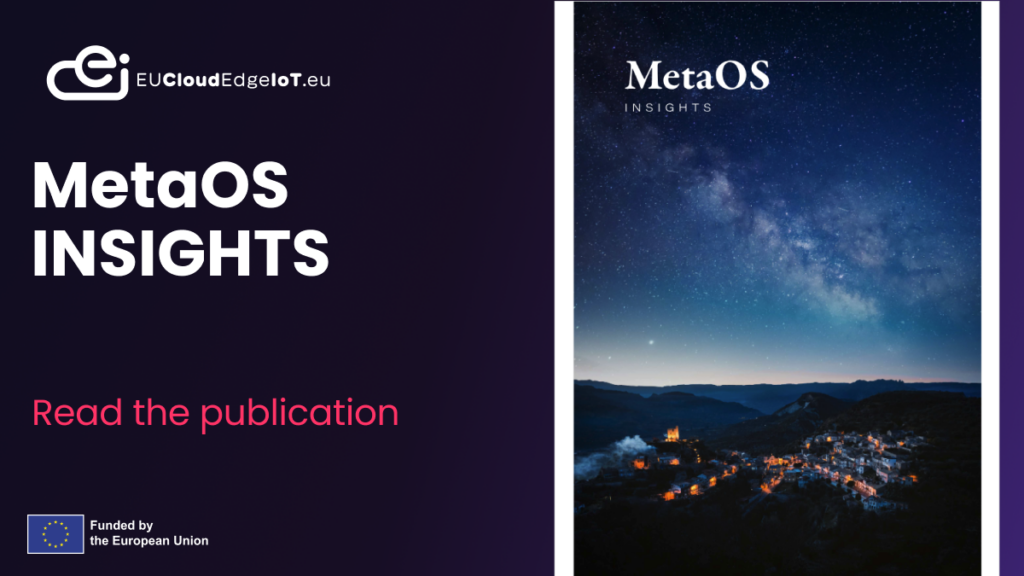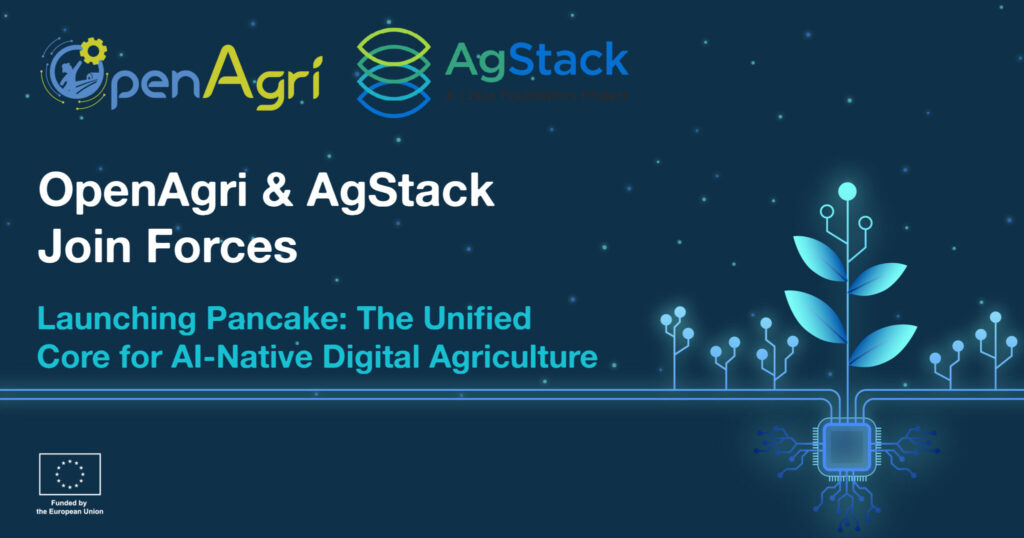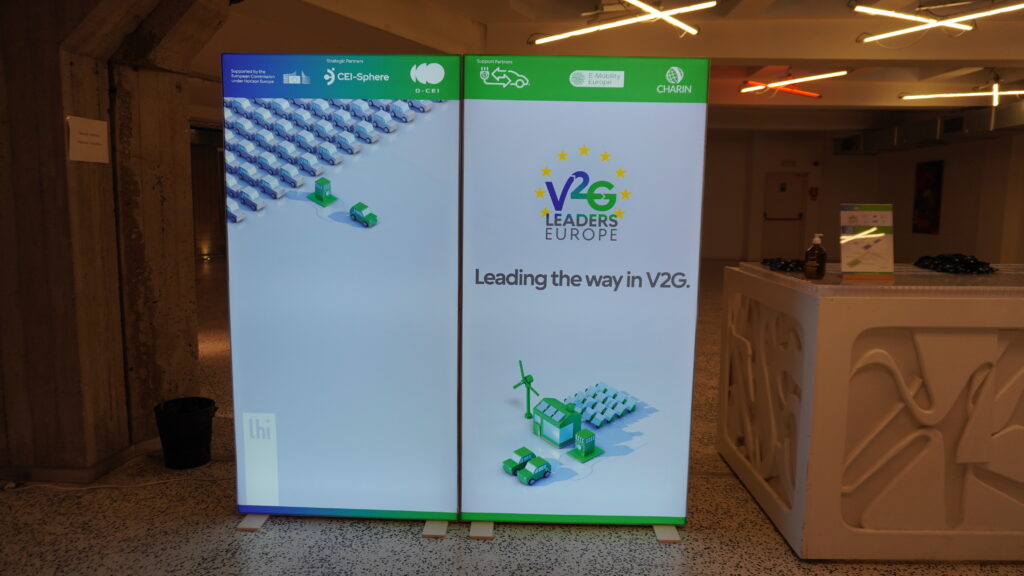In the context of the “EUCloudEdgeIoT.eu RIA Showcase” organised by the Open Continuum CSA, to present cutting-edge results and advancements in the Cloud-Edge-IoT Computing Continuum, the Horizon Europe Framework-funded projects TaRDIS and Programming Platform for Intelligent Collaborative Deployments over Heterogeneous Edge-IoTEnvironments (formerly INCODE) co-organised a webinar to compare standpoints, achievements and recommendations among the swarm computing-focused projects operating under the EUCloudEdgeIoT umbrella.
The context
As Europe creates a pathway for the understanding and development of the Cloud, Edge and IoT Continuum and supporting research and innovation initiatives to develop applications across the continuum, the paradigm also incorporates development of swarm and decentralized applications. In edge computing scenarios where there is a need for decentralized decision-making and coordination among edge devices, swarm computing principles can be applied; such a decentralized and self-organizing concept and architecture fit particularly well hyper-distributed, sovereignty-enabling, heterogeneous data management challenges, such as the ones found in European Data Spaces. Additionally, edge devices can act as agents in a swarm, collectively making decisions and adapting to changing conditions without relying on a central controller. This session, brought together the 5 Horizon Europe projects answering to the swarm computing call and addressing the ever-increasing complexities of developing correct and performant heterogeneous swarm systems.
The projects on the virtual stage
The project Programming Platform for Intelligent Collaborative Deployments over Heterogeneous Edge-IoTEnvironments (formerly INCODE) enables an open and trusted cloud-native programming platform poised to tame the emerging dynamism of distributed and heterogeneous private edge infrastructures (seen as a combination of intelligent edge node and diverse types of smart IoT devices with processing capabilities over programmable data plane resources). Representing the project in this discussion is John Avramidis (Unisystems).
The TaRDIS project, represented by Carla Ferreira (Nova School of Science and Technology, Portugal), addresses the ever-increasing complexities of developing correct and performant heterogeneous swarms by providing a novel programming model, integrated development and analysis environment, and corresponding runtime support. TaRDIS proposes a language-independent event-driven programming model that allows developers to specify the behaviour of different components in their distributed system as a collection of autonomous collaborative nodes.
The OASEES project will deliver a European, fully open-source, decentralized, and secure Swarm programmability framework for edge devices and leveraging various AI/ML accelerators (FPGAs, SNNs, Quantum) while supporting a privacy-preserving Object ID federation process. Akis Kourtis (National Centre for Scientific Research “Demokritos”, Greece) presented on behalf of OASEES.
The ambition of OpenSwarm project is to enable novel, future energy-aware swarms of collaborative smart nodes with wide range benefits for the environment, industries, and society. Presenting OpenSwarm was Thomas Watteyne from INRIA, France.
The SMARTEDGE project, which was represented at the webinar by Danh Le-Phuoc (TU Berlin), aims to enable decentralised edge intelligence for smart IoT applications, ensuring reliability, security, privacy, and scalability. This is achieved through the innovative SmartEdge tool-chain for autonomous intelligent swarms, featuring real-time semantic integration, discoverability, and composability.
Discussion summary
- The webinar explored the current state and future of swarm computing developments along with its challenges.
- It highlighted the need for interoperability, scalability, and efficient resource management while showcasing practical applications and the critical role of collaboration in driving innovation.
- The webinar attracted an audience of over 100 stakeholders, connecting from 17 countries




